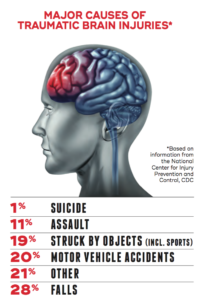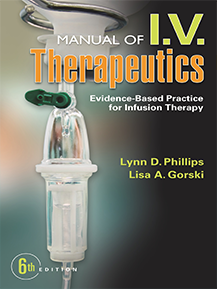A brain injury usually means a radical upheaval in your life. It can have an impact on your thinking, your behavior, your memory and your physical possibilities. If brain damage results in muscle retraction or stiffness, or spasticity, Medtronic’s advanced technology solution may be useful in some cases of brain injury.
Definition of Acquired Brain Injury
Acquired brain injury is a brain injury that is not due to an inherited, congenital or degenerative condition and is not related to pregnancy or childbirth.

Most often, an acquired brain injury causes changes in the activity of neurons nerve cells. These changes affect one or more functional areas such as cognition, speech, language and communication, memory, attention and concentration possibilities, logical thinking, abstract thinking, psychosocial behavior, treatment of the subject information and physical functions. An example of acquired brain injury is traumatic brain injury resulting from an injury, for example during an accident.
Definition of a Traumatic Brain Injury
A traumatic brain injury is the result of a blow to the head or penetration of the head, causing a disruption of brain function. Traumatic brain injury may be mild a brief change in mental status or awareness to a severe longer period of unconsciousness or amnesia after the injury. Brain injury can lead to short and long term problems related to motor functions.
Causes of Acquired Brain Injury
Causes of acquired brain injury include:
- Obstruction of the airways,
- Near drowning, swelling in the throat, asphyxia, strangulation, thoracic injury,
- Electric shock or lightning strike,
- Head or neck injury,
- Traumatic brain injury with or without fracture of the skull, hemorrhage due to open wounds, arterial lesions due to a violent blow, shock,
- Interruption of the blood supply,
- Heart attack, stroke, arteriovenous malformations vascular malformation, AVM, aneurysm, brain operation,
- Infectious disease, brain tumor, metabolic disorder,
- Meningitis inflammation of the meninges, certain sexually transmitted diseases, AIDS, certain diseases transmitted by insects, brain tumors, hypo- or hyperglycemia, hepatic encephalopathy cerebral disease due to liver failure, uremic encephalopathy disorder of brain function due to hepatic or renal insufficiency, epilepsy,
- Exposure to toxic substances,
- Drug or alcohol abuse, lead poisoning, carbon monoxide poisoning, exposure to toxic chemicals, chemotherapy (rare).
Causes of Traumatic Brain Injury
The main causes of traumatic brain injury are:
- Falls,
- Road accidents
- Blow or shock with a hard object,
- Violence
- Explosions
Risk Factors for Brain Injury
Every year in the United States, 80,000 to 90,000 people become disabled as a result of traumatic brain injury. Groups with the highest risk factors for traumatic brain injury include:
- Men, they are almost one and a half times more likely to be brain-injured than women,
- Young children and adolescents including children up to age four and youth aged 15-19,
- Certain military professions e.g. paratroopers,
- African Americans the highest number of deaths due to brain injury
Spasticity Due To Brain Injury
Spasticity occurs when a part of the central nervous system (brain or spinal cord) that controls voluntary movement is injured. This lesion interrupts the important signals that are exchanged between the nervous system and the muscles. This causes an imbalance resulting in excessive muscle activity or spasms.
Spasticity can hinder movement, posture and balance. This can cause deterioration of the motor function of one or more limbs or one side of the body. Spasticity can become such that it disrupts normal daily activities, sleep architecture and personal care. Lack of control can sometimes cause dangerous situations for the patient and those around him.




